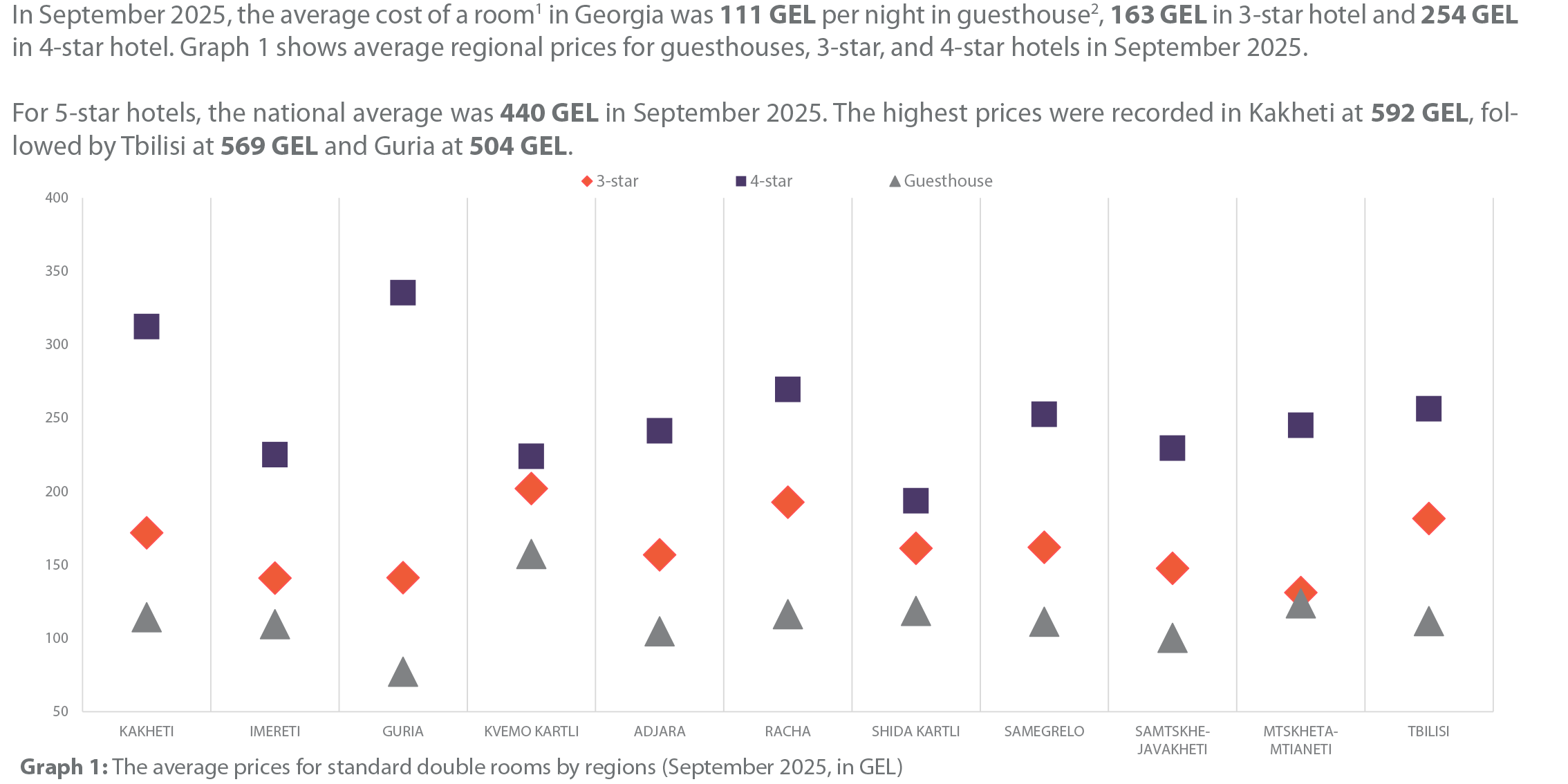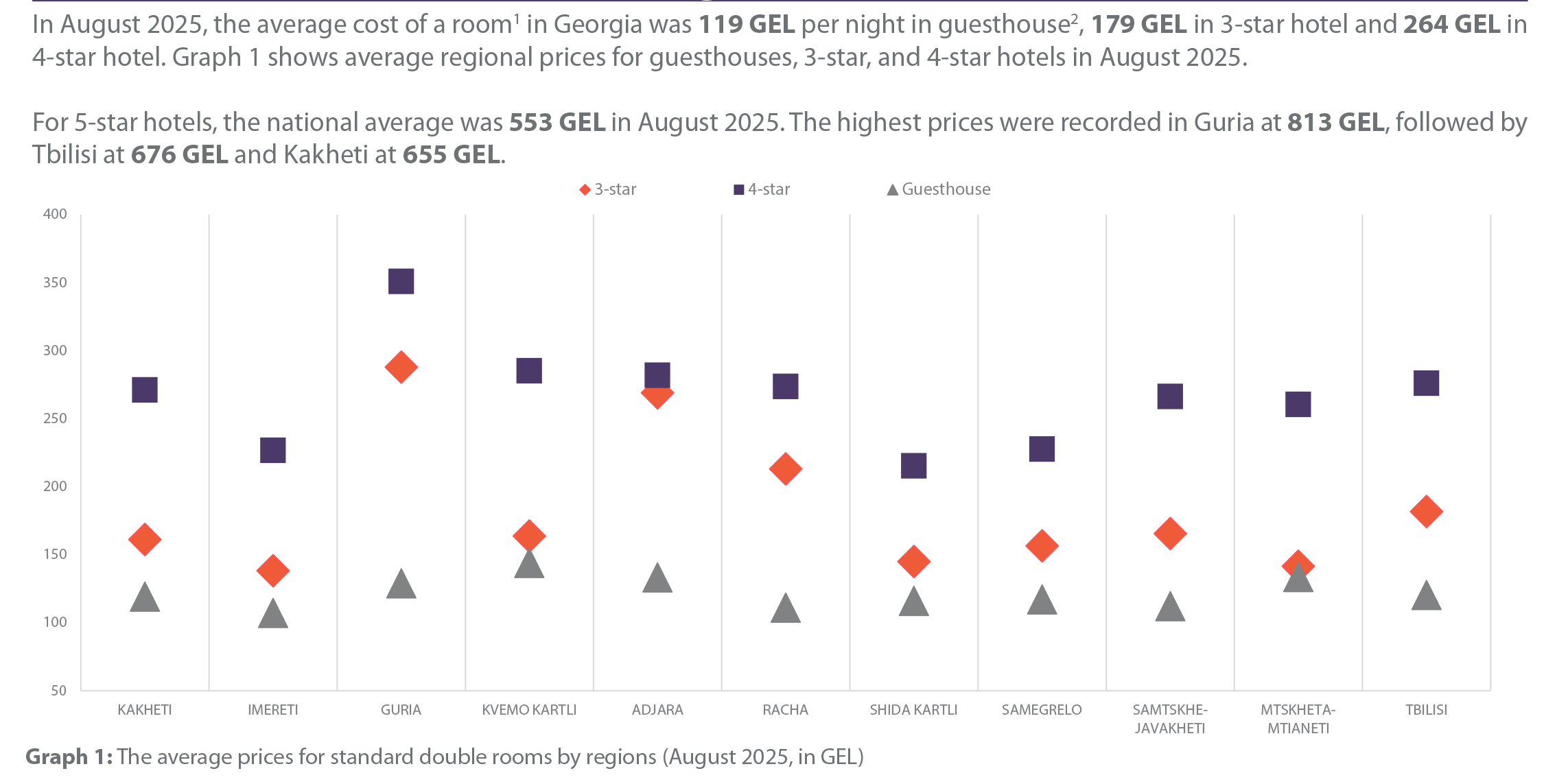PMCG Together with other European Companies Hosted the Conference for Communications Policy and Regulatory Development Project in Georgia
Jul, 2013
PMCG is supporting the USAID funded Local Development Program of Kyrgyzstan
Jul, 2013
"Regional Disparities in Georgia" Surveyed in Regional Development Project
Jul, 2013
PMCG Conducts the Training Session for Internal Audit Department staff of the Ministry of IDPs, Accommodation and Refugees
Jun, 2013
Meetings for the Program Budgeting Capacity Building Project in Ajara
Jun, 2013
Electronic Procurement System of Georgia - One of the Most Transparent Systems in the World
Jun, 2013
All roads lead to Georgia for "Hi-Lite"
Jun, 2013
PMCG Submit Final Analytical Report for Program Budgeting Capacity Building Project in Ajara
Jun, 2013
"Economic Effects of Labor Market Regulations" at Radio 1 program "Open Studio"
Jun, 2013
Study Released: Economic Analysis of the Amendments to the Labor Code of Georgia
May, 2013














